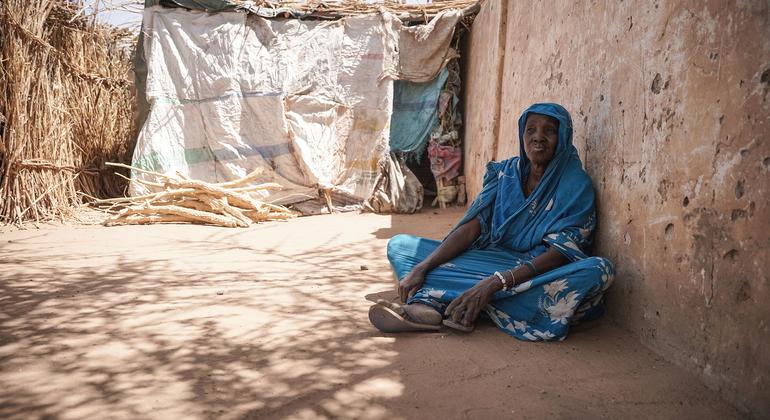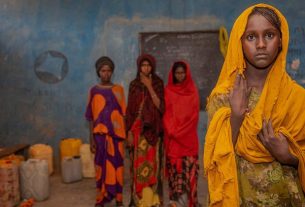The attack on the only maternity hospital in the town in Sudan’s western state of North Darfur is “shocking and appalling,” the head of the World Health Organization (WHO) said on Sunday, calling on warring parties to “protect mothers and children at all times and allow them safe access to healthcare” in the war-torn African country.
WHO Director-General Tedros Adhanom Ghebreyesus noted that the Saudi Maternity Hospital was “the only one that has been providing maternal and child healthcare” in El Fasher.
The development comes after more than 14 months of fighting between rival militaries in Sudan.
Media reports pointed to “a Rapid Support Forces bombing” of the hospital in El Fasher, which is the capital of the Darfur region and home to hundreds of thousands of people displaced by the war.
Killed on the job
UN Resident and Humanitarian Coordinator for Sudan Clementine Nkweta-Salami released more details on the death of pharmacist Amna Ahmed Bakhit: “Killed on the job, prescribing and administering medicine to women, men and children in a place that should have been safe,” the top UN official in the country said in a post on X.
“From bullets or bombs, starvation or disease, each soul lost to this senseless war takes Sudan another inexorable step away from what we all want. Peace,” Ms. Nkweta-Salami added, calling for an end to the brutal fighting.
“Mothers and babies must be protected at all times and allowed safe access to healthcare. Healthcare workers must be able to work in safety”, WHO’s Tedros emphasized adding that despite the attack, the hospital continues to function thanks to the dedication of its staff working in dire conditions.
Since 10 May, the city of El Fasher has been the scene of intense fighting between the former allies who went to war with each other 14 months ago.
Calls from the UN and the international community have grown in recent weeks to prevent Sudan from falling into a humanitarian catastrophe that could push millions into starvation, due to food shortages caused by fighting that has spread to 12 of the country’s 18 states.
WFP steps up aid
People in parts of Khartoum, Darfur and Kordofan states continue to be deprived of food and health assistance, and child malnutrition in Sudan is reaching emergency levels according to UN Children’s Fund (UNICEF).
Around nine million children are facing acute food insecurity.
The World Food Programme’s (WFP) food security analysis has identified 44 hunger hotspots in Sudan – mainly in areas of active fighting such as Khartoum, Kordofan, Darfur and Gezira – where 2.6 million people are at high risk of falling into the extreme phase five of the Integrated Food Security Phase Classification (IPC 5).
Against this backdrop, the UN emergency food assistance agency is scaling up its operations to stave off famine. WFP is prioritising these areas and has provided food assistance to 22 of the hunger hotspots since January.
The UN agency says it has reached more than three million people and plans to reach an additional five million through general food assistance, nutrition, school meals and resilience activities throughout the year.



